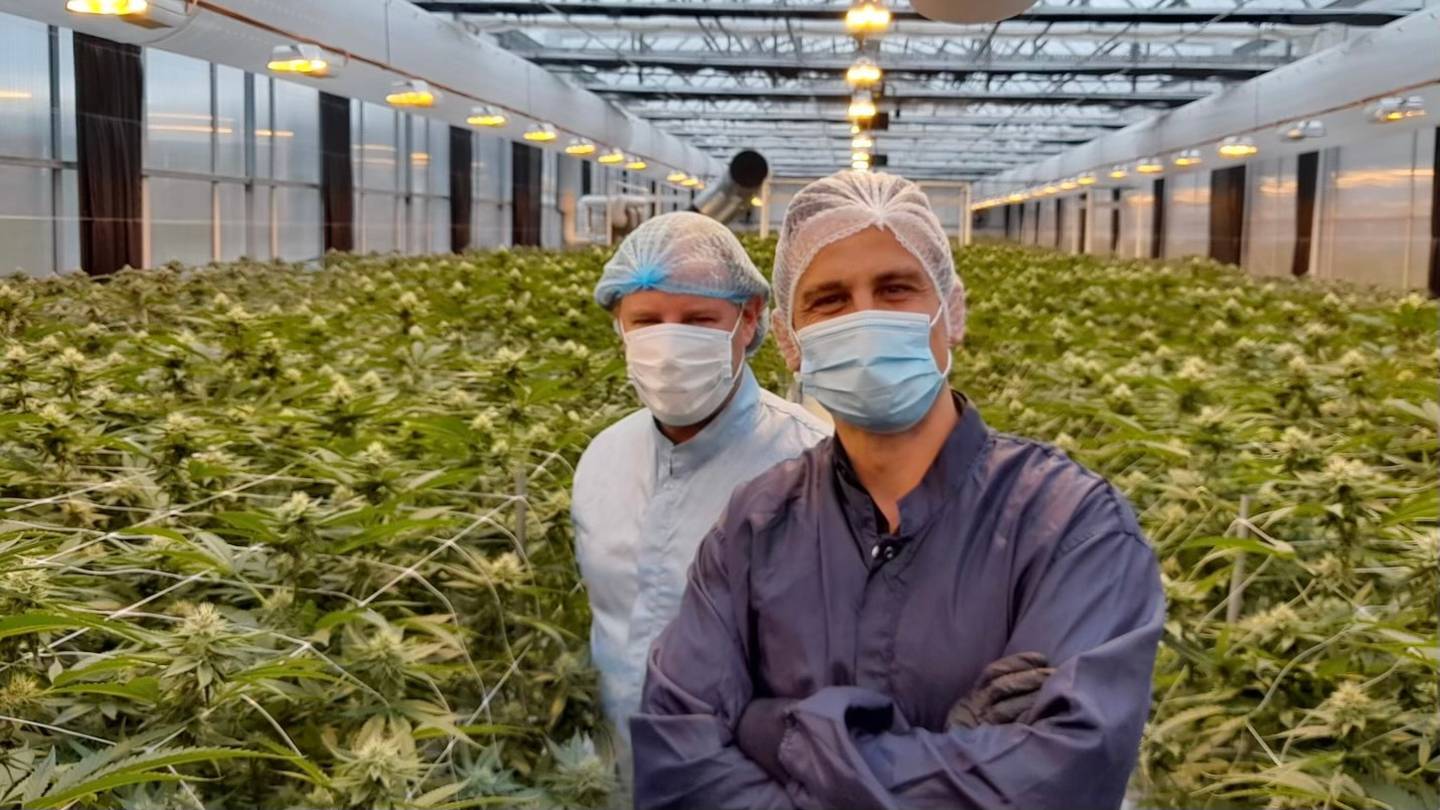Latest News -
Mark Dye: Why you’ll be hearing more about cannabis, bud

Over the course of the next 12 months, New Zealand’s relationship with cannabis is going to change.
For the 48.4 per cent of New Zealand that voted for cannabis to be legalised in the2020 referendum, the change will be slight (if any), but for a considerable amount of the 50.7 per cent that voted against legalisation, the change is going to be monumental.
Why? Well back in 2018 when the Government passed the Misuse of Drugs (Medicinal Cannabis) Act that created the framework for companies like NUBU to operate (to grow, procure, manufacture and sell medicinal cannabis products), it included the provision to allow the prescription of approved medicinal cannabis “flower”, or dried cannabis flower.
There are many misconceptions about medicinal cannabis: it only comes in oil form – wrong; actual medicinal cannabis doesn’t have any THC (tetrahydrocannabinol), also wrong; it’s just the CBD (cannabidiol) you want – also incorrect.
Although it can come in oil form – and there are currently thousands of New Zealanders using this format, the bulk of medicinal cannabis dispensed internationally is dispensed in “flower form”. That is cannabis flowers (or buds) cut from the plant, trimmed and dried.
Sounding familiar? Yes, that’s right, medicinal cannabis can and does look exactly like the cannabis you ground down, rolled up and inhaled (just the once) “back at university”.
In Germany, the largest medicinal cannabis market in the world, flower (or dried cannabis) makes up nearly half of the market. In Canada’s medicinal market, the percentage share is even greater – 64 per cent.
In Israel, one of the most developed cannabis markets in world, the dried flower market makes up a whopping 85 per cent.
What does this all mean? It means that in the future you, a friend, or perhaps a family member, will be able to access dried cannabis flower, via prescription, from your local pharmacy.
Soon – like the Germans, Australians, Canadians, most Americans and the British – New Zealanders will be able to, for the first time legally, access cannabis in its traditional form.
Of course, the cannabis you will be able to access via your doctor will be different from your university days. The cannabis that your GP might prescribe will be pharmaceutical grade. This means it is grown in a pharmaceutical environment – generally with no pesticides, rigorously tested, and packed in the same sort of environment your paracetamol or aspirin are packed.
In short, it is cannabis that is supported by a yellow-pages-sized stack of paperwork.
But how is this going to change people’s perceptions?
Well, those that see cannabis in a negative light – especially in its natural plant form, will start to hear stories of the plant doing good (potentially) for the very first time.
No longer will the stories of cannabis “helping” people be restricted to viral videos from the USA and Canada and/or reviews of medicine from yesteryear. The stories are going to be homegrown, from just across the fence. Or even perhaps closer – your mother, brother, sisters, aunties or uncle.
And so, one by one, conversation by conversation, New Zealand’s relationship with cannabis will change.
So remember this moment, this little opinion piece – especially if you are one that isn’t so fond of the plant.
I look forward to bumping into you at the supermarket and hearing the first positive story you heard, after the fact.
Mark Dye is co-founder and CEO of NUBU Pharmaceuticals, New Zealand’s largest medicinal cannabis distributor.